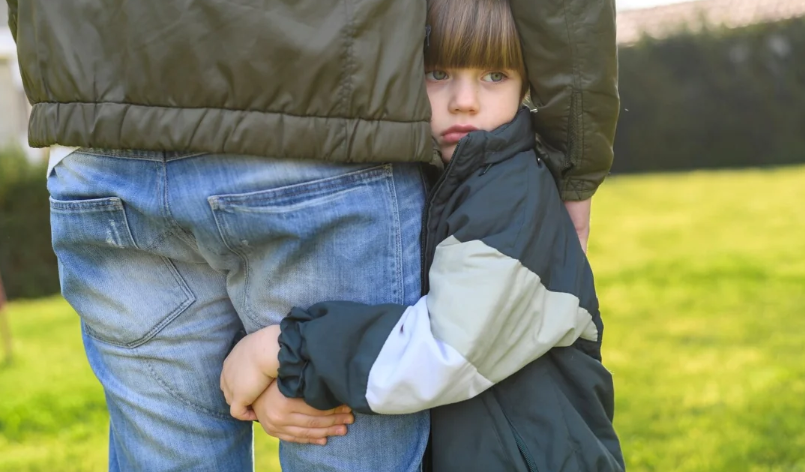“A child needs a mother and a father, and no government has the right to take away a child’s father,” Aleš Primc was critical of the new amendment, as he is convinced that “the Golob government wants to legislate for the state to steal a child’s right to a father.” According to the Supreme Court judge Jan Zobec, this deliberately violates the child’s right to both parents.
The coalition has tabled an amendment to the law that also allows women in same-sex relationships and single women to be impregnated with biomedical assistance. Coalition parties point out that the amendment puts the rights of women in same-sex relationships and single women on an equal footing with those of heterosexual couples who need biomedical assistance to conceive.
Aleš Primc, leader of the Voice for Children and Families initiative, strongly criticised the amendment, arguing that LGBTQIA+ activists want to promote this lifestyle among young people and cripple them through gender reassignment. He warned that this ideology is dangerous for children and that it is being pushed in kindergartens and schools, and he also called on parents to resist. The Movement for Children and Families has published a handbook with instructions on how to protect children from this influence.
“No country has ever raised its birth rate with a law like this. On the contrary. Countries that have such laws have some of the lowest birth rates in the world,” explained Primc, who stresses that no government has the right to take away a child’s right to a father.

The amendment also follows the decision of the Constitutional Court, which last November declared the current legal regime under which single women and women in same-sex relationships are not entitled to assisted reproduction procedures as unconstitutional. “The amendment implements the Constitutional Court’s decision, which means that whether we agree with it or not, everything is fine,” says former Constitutional Court judge Jan Zobec.
Children’s rights should be at the forefront
Although the decision seems irrefutable, as the Constitutional Court has already ruled on it, Zobec believes that the amendment could be challenged with very good arguments. “It could be challenged with new arguments that have not been presented so far, namely arguments from psychological science to prove that these communities are harmful to children. Strong, convincing scientific evidence, scientific evidence that is difficult to refute, would be needed to challenge this premise on which the Constitutional Court’s decision is based, which is based on equality – Article 14, but in this case, it is about protecting the interests of the weakest, which are the children, and children have special constitutional protection,” he explained.

He believes that the interests of the children should prevail in this case and that there could then be a legitimate reason for differentiation, and that not everyone is in the same position, according to Zobec, who agrees that this deliberately violates the child’s right to both parents. “When they talk now about equality between these categories, single women and same-sex couples, it is also important to bear in mind what will come out of this union – there will be children who will be in an unequal position, who will not have a father and a mother,” he explained.
It creates inequality on the other side
He warned that establishing equality in one area could lead to inequality in another, which is particularly evident in cases where nature already creates a difference. An example of this is children who grow up in imperfect families, without a father or mother, which means that they are under special constitutional protection, as they should be protected from any harmful influences. The family, as the basic unit of society, is crucial to the child’s well-being and development. In this case, it is important that these decisions are taken in the best interests of the children, which should always be the primary concern.
Zobec therefore believes that the Constitutional Court erred in its judgement when it treated motherhood as a right of the mother, as it would be more appropriate to speak of parental duty, he believes, adding that a child is not a right to be claimed, but a duty that parents have. The Constitutional Court was wrong to rule that having a child is a right. It is actually a responsibility to raise and care for a child.
If this were to be challenged, it would be important to point out that it is a constitutional right to decide on the birth of children, but this must be seen in the context of the responsibility that the individual bears for his or her decisions, not as a personal right to just want children because it would make someone happy, he concluded.
T. B.


